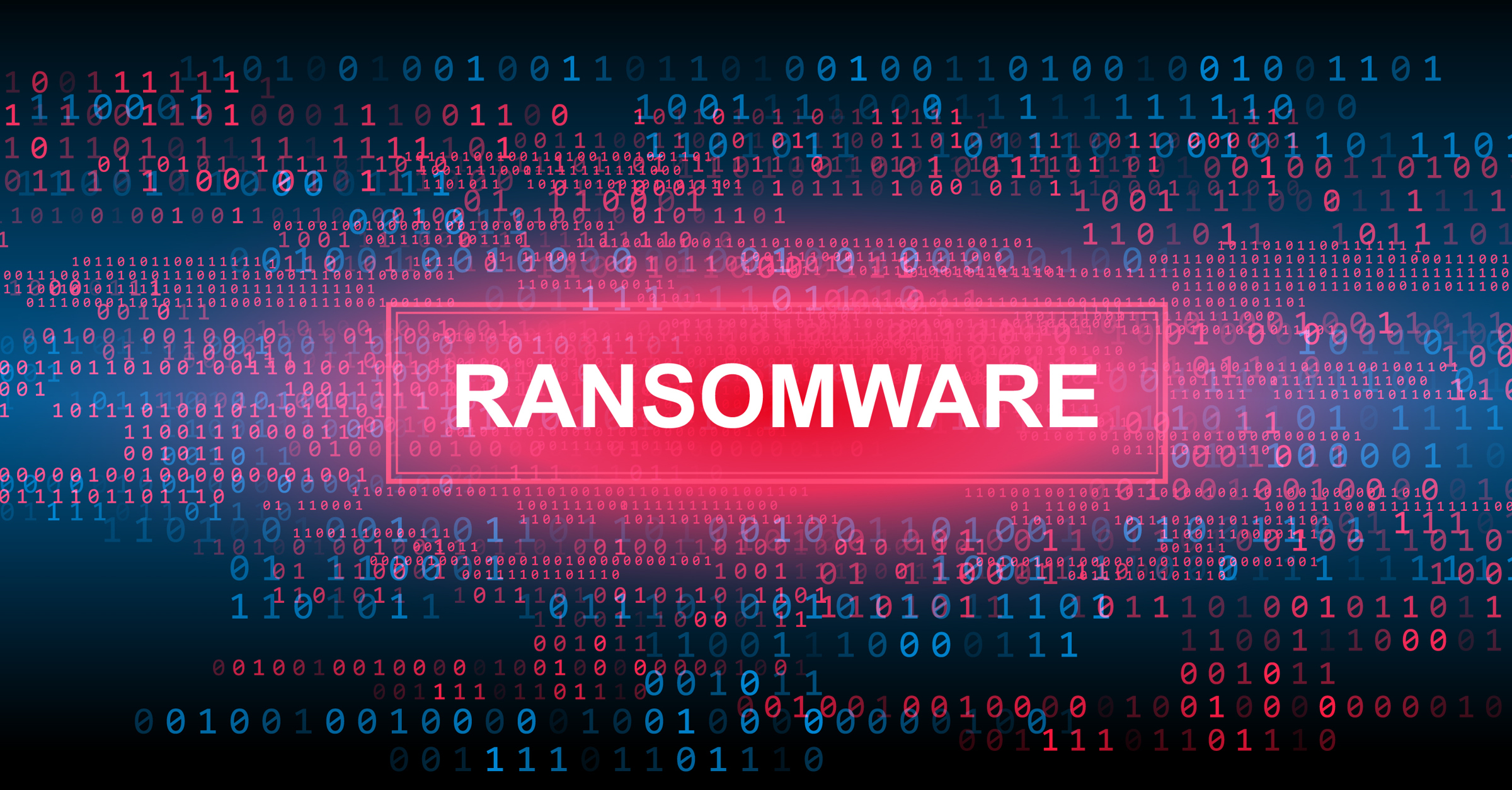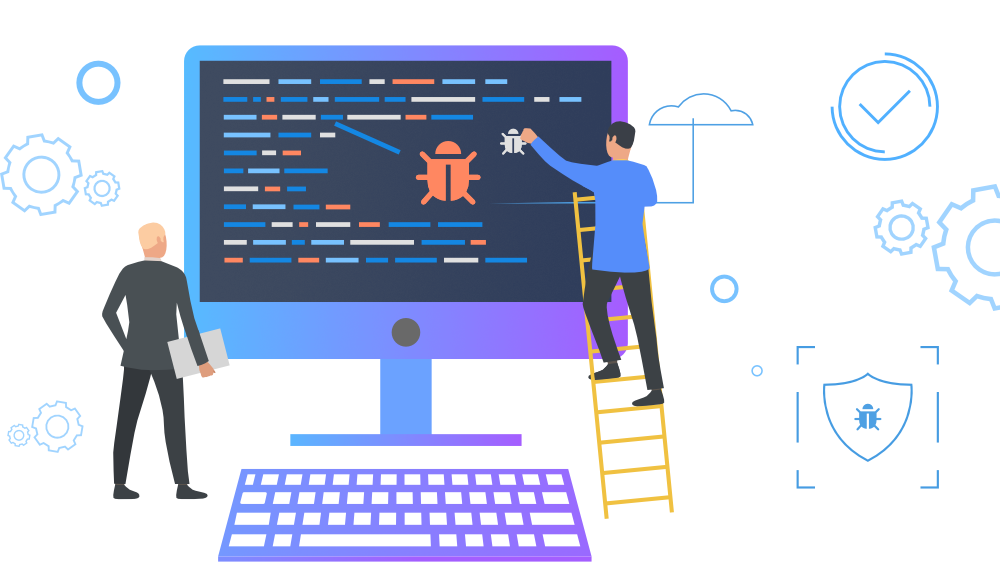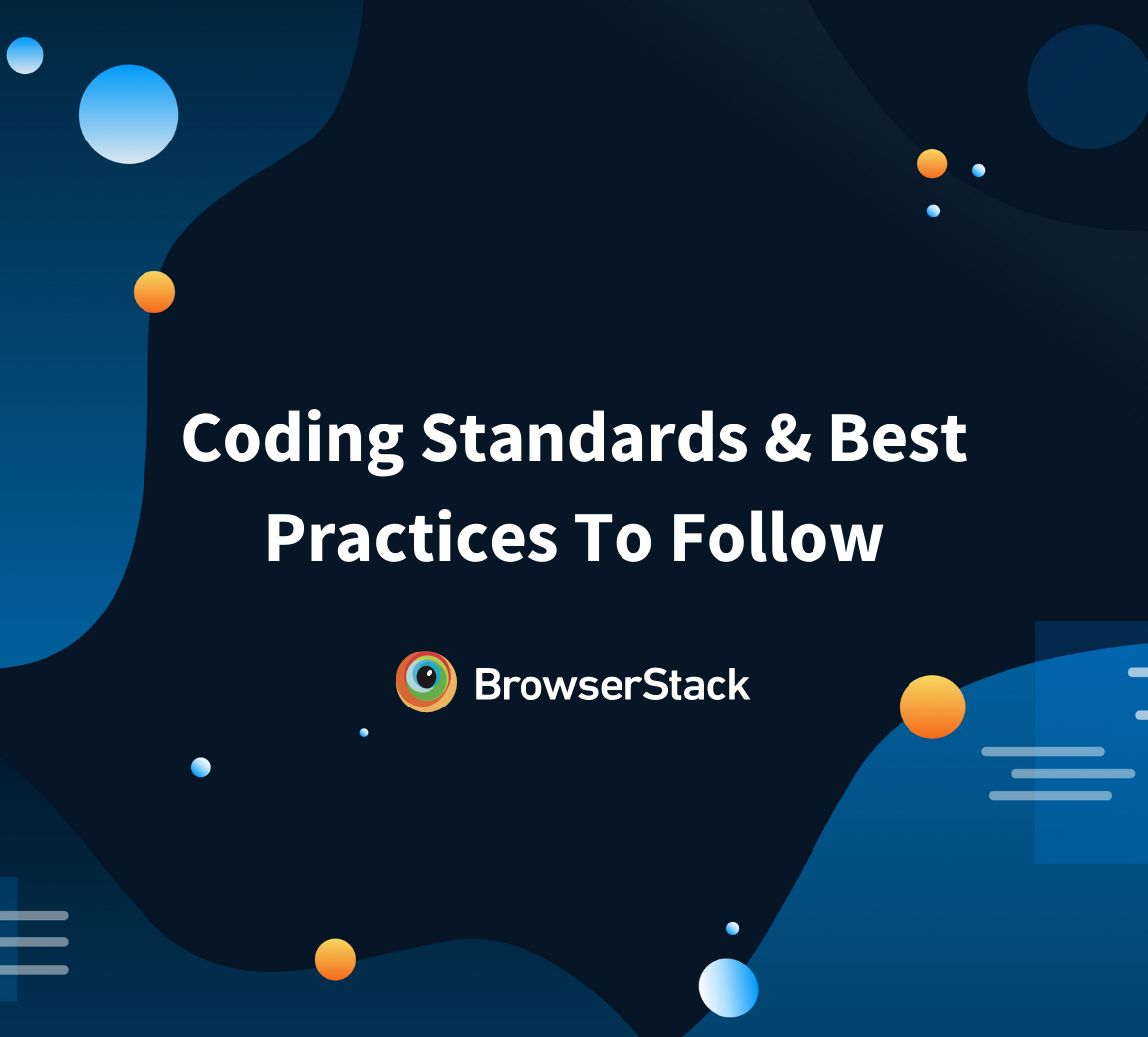
Mastering Coding Problem-Solving Techniques
In the fast-paced world of programming, the ability to solve coding problems efficiently is a crucial skill. Whether you’re a seasoned developer or just starting, employing effective problem-solving techniques can significantly enhance your coding prowess. Here, we’ll explore some valuable tips to help you master the art of coding problem-solving.
Understanding the Problem
The first step in solving any coding problem is understanding the problem itself. Break down the requirements, analyze input and output, and identify potential edge cases. A clear understanding lays the foundation for an effective solution. Take the time to thoroughly comprehend the problem before diving into code.
Plan Your Approach
Once you grasp the problem, it’s time to plan your approach. Consider different algorithms and data structures that might be suitable for the task at hand. Sketch out a rough plan or pseudocode before moving on to actual implementation. A well-thought-out plan can save you from pitfalls during coding.
Divide and Conquer
Divide your problem into smaller, manageable sub-problems. Tackling smaller components individually makes problem-solving more approachable. This approach also allows for easier debugging and testing. Breaking down complex problems into simpler parts is a fundamental strategy for efficient coding.
Choose the Right Data Structures
Selecting the appropriate data structures can significantly impact the efficiency of your solution. Understand the strengths and weaknesses of different data structures and choose the one that aligns with the requirements of your problem. Whether it’s arrays, linked lists, or trees, the right choice can make a substantial difference.
Optimize Your Code
Optimization is key to efficient coding. Analyze your code for any redundancies or unnecessary operations. Look for opportunities to streamline your logic and improve the overall efficiency of your solution. Optimize not only for correctness but also for performance.
Debugging Techniques
Effective debugging is a crucial aspect of problem-solving. Learn to use debugging tools and techniques to identify and fix issues in your code. Step through your code, inspect variables, and use print statements strategically. A systematic approach to debugging can save you valuable time and frustration.
Stay Updated with Coding Practices
The programming landscape is constantly evolving. Stay updated with the latest coding practices and techniques. Follow industry best practices and leverage new tools and frameworks to enhance your problem-solving skills. Continuous learning is a hallmark of a successful coder.
Collaborate and Seek Feedback
Don’t hesitate to seek feedback from peers or online communities. Collaborating with others can provide fresh perspectives and alternative approaches to problem-solving. Constructive feedback is invaluable for personal and professional growth. Embrace a collaborative mindset to become a better coder.
Coding Problem-solving in Real-world Projects
Apply your problem-solving skills to real-world projects. The transition from theoretical knowledge to practical application is essential. Work on coding challenges, contribute to open-source projects, and tackle real-world problems. Practical experience is the best teacher in honing your coding problem-solving abilities.
Conclusion
Mastering coding problem-solving techniques is an ongoing journey. Embrace challenges, continuously learn, and refine your approach. By understanding problems thoroughly, planning strategically, and employing efficient techniques, you can elevate your coding skills. Remember, the journey of mastering coding is as rewarding as the destination.
To delve deeper into Coding Problem-solving Techniques, check out this comprehensive guide.









